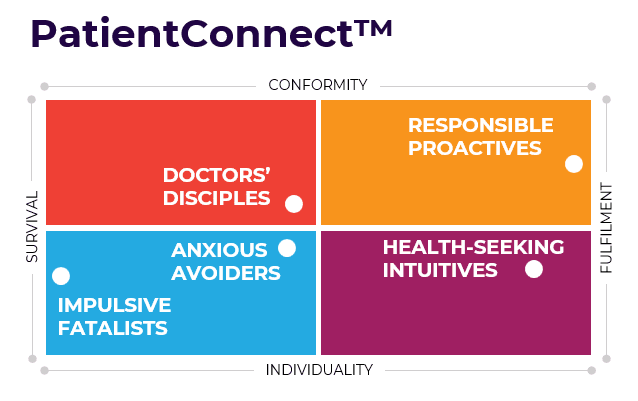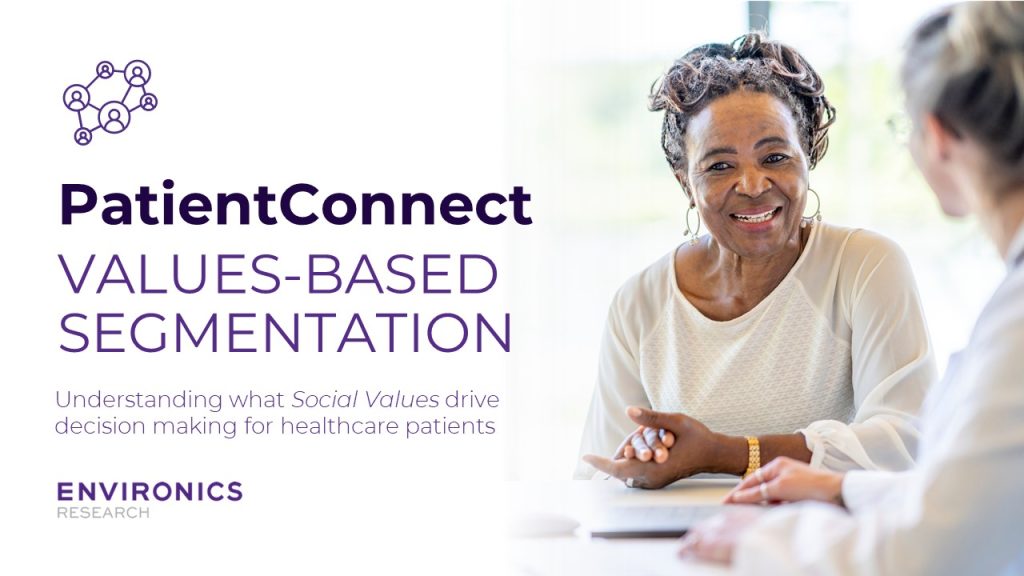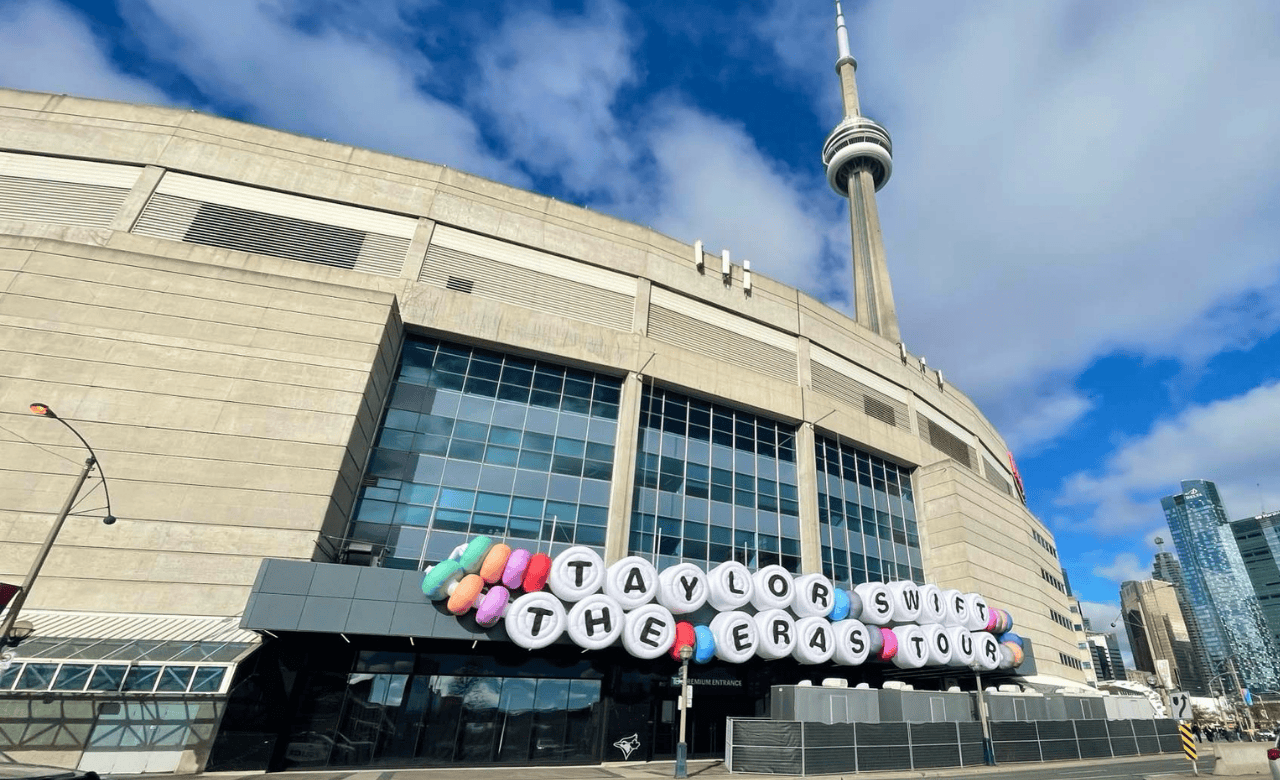This week, we recognized Canadian Patient Safety Week, led by Healthcare Excellence Canada, which posed the thought-provoking question, “What comes to mind when you think about healthcare harm? Let’s broaden our understanding together.”
This question made me reflect on my own perceptions of safety, as well as what I’ve learned from researching Canadians and what drives their sense of safety in healthcare over the years. As Healthcare Excellence Canada points out, safety is a multi-dimensional concept, encompassing both the physical—such as preventing errors, infections, and falls—and the personal, which includes patients’ feelings about their interactions within the healthcare system, their care environments, and their overall sense of security and psychological safety.
Through the many conversations I’ve had with patients over the years, covering topics ranging from aging and chronic conditions to digital health, one thing has become clear: these personal aspects of safety are deeply shaped by individual values, which influence how people approach healthcare decisions and interactions.
Reflecting on this, I wanted to think about safety through the lens of Environics Research’s PatientConnect Segmentation Solution, our values-based patient segmentation and the insights it offers into the differing mindsets and values Canadians have around their health. Our PatientConnect segmentation identifies five distinct patient segments, illuminating the values that drive healthcare perceptions and experiences. From trust in medical authorities to a preference for holistic health approaches, these values uniquely shape how patients experience safety within healthcare settings.
Values-Based Segments and Their Unique Safety Needs

Examining each of these five segments, I’ve outlined how each group thinks about safety based on their values profile and what can be done to foster a greater sense of security for each as they interact with the healthcare system.
Doctors’ Disciples
Doctors’ Disciples, who represent the largest segment of Canadians, often view safety as closely linked to the authority and expertise of healthcare providers. Their values emphasize trust in traditional healthcare structures, leading them to feel safest when they receive clear guidance from doctors. For Doctors’ Disciples, safety comes from consistent, authoritative care, which gives them confidence that their health needs are being managed by capable professionals.
Responsible Proactives
This segment values autonomy and self-sufficiency, seeing safety as something they can influence through proactive management of their health. Responsible Proactives feel safest when they are well-informed and can actively participate in healthcare decisions. They value transparency and detail, finding safety in understanding all aspects of their treatment. By empowering Responsible Proactives with accessible information and involving them in their care planning, healthcare providers can enhance their sense of control and security.
Impulsive Fatalists
For Impulsive Fatalists, safety is less of an ongoing concern and more about feeling reassured at the time of care. This group tends to live more in the moment, often viewing health and safety as variables best handled by healthcare providers when issues arise. Healthcare environments that foster immediate reassurance—such as a supportive and attentive bedside manner—can build their sense of safety without overwhelming them with long-term care plans or prevention-focused information.
Anxious Avoiders
Anxious Avoiders are often more concerned with potential risks and uncertainties, leading them to view safety as something that feels perpetually out of reach. This heightened sensitivity can make them particularly cautious and, at times, hesitant to engage fully in care. They value environments that proactively address their anxieties with patience, empathy, and clarity. Building safety for Anxious Avoiders means acknowledging their concerns, maintaining a calm environment, and addressing uncertainties openly, which helps them feel more secure in the healthcare setting.
Health-Seeking Intuitives
Health-Seeking Intuitives bring a holistic perspective to healthcare, valuing preventive and lifestyle-oriented approaches. For them, safety is connected to well-being beyond clinical interventions, including lifestyle and alternative health options. They feel safest when they’re able to integrate these holistic perspectives into their care. Healthcare providers can support this segment’s sense of safety by validating their proactive approach to health, engaging in open conversations about preventive measures, and incorporating holistic elements into their treatment plans where possible.
Understanding the Role of Values in Patient Safety
The PatientConnect framework highlights that each patient segment is guided by distinct values that shape their perception of safety. Recognizing these values allows healthcare providers to meet patients where they are, offering personalized care that aligns with their unique perspectives on safety. By incorporating values-based insights, healthcare teams can create more inclusive, supportive, and safe environments.
With a deeper understanding of what influences patients’ sense of safety, healthcare providers can enhance communication strategies, guide program development, and tailor engagement practices. This values-driven approach helps create environments that foster trust and make all Canadians feel a stronger sense of safety when interacting with the healthcare system.
Building a Values-Based Culture of Safety
Canadian Patient Safety Week serves as a reminder that patient safety extends beyond physical measures to include patients’ value-driven perceptions. Embracing the diversity of values that patients bring to healthcare enables us to build a system where all patients feel seen, valued, and truly safe.






